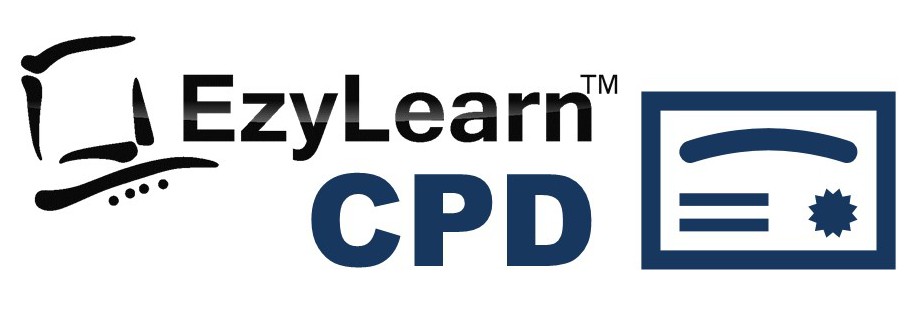How can you earn money from bookkeeping?

BAS AGENTS PERFORM MANY of the same tasks as a basic bookkeeper, which includes entering receipts, coding financial transactions and generating invoices, but there is just one key difference: registered BAS agents are allowed to prepare and lodge activity statements on behalf of their clients.
In order to become a registered BAS agent, you must have completed, at a minimum, a Certificate IV Financial Services in either bookkeeping or accounting through an accredited and nationally recognised training provider.
Most people don’t have much trouble completing the Certificate IV, but the requirements set out by the Tax Practitioner’s Board (TPB) that often present a barrier to becoming a registered BAS agent. See the list of blogs below for more information about becoming a registered BAS agent.
Tax Practitioner’s Board BAS agent requirements
In addition to completing a Cert IV, in order to become a registered BAS agent the TPB also requires you to have at least 1,400 hours of work experience. This work must be done under the supervision of a registered BAS agent or accountant in the past 4 years (it’s 1,000 hours if you’re a member of a professional association).
You also need to have completed a board-approved course in basic GST/BAS taxation principles (this course may be included in your primary education). There are also mandatory continuing professional development (CPD) requirements that each BAS agent must keep up with in order to remain registered.
There’s a lot to do, but becoming a registered BAS agent isn’t the only way to carve out a successful career for yourself. Depending on how you want to work, there are plenty of other options you may also consider, such as:
Work for other bookkeeping businesses
If you work as an employee of a bookkeeping business, you can perform all the same tasks and duties as a registered BAS agent can, as you’ll be covered by their BAS registration and oversight.
As long as you are on the bookkeeping business’s payroll, you can provide BAS services — that means, you can also work as a casual or temporary worker providing you don’t invoice for your work using an ABN, but instead use your tax file number. This may also have other benefits, too, as the business will be required to withhold tax and contribute to your superannuation.
Work directly for a business as a wage earner
Again, as long as you’re on the business’s payroll, you don’t have to be a registered BAS agent to provide BAS services. The only difference here is that, while you can prepare the business’s activity statements, you won’t be able to lodge them. They will need to have their accountant do that last step, instead.
You can still work under a similar arrangement as mentioned above, either as a part-time, casual or temporary staff member, and, so long as you’re drawing a wage from the business, you can perform BAS services.
Carry out basic bookkeeping from home on the side
You may even choose to provide basic bookkeeping services to small businesses remotely from your home office, and still invoice them using your ABN. Many bookkeepers work as virtual assistants and some work a combination of casual and part-time hours for bookkeeping or accountancy practices, or as an employee of a business, and supplement their income with some basic bookkeeping work on the side, which offers both flexibility and stability at the same time.
***
Thinking of expanding your bookkeeping skills? Considering becoming a BAS agent? Check out just some of the blogs we’ve featured on BAS agents:
- When do you need to register as a BAS agent?
- Is a certified advisor or certified consultant better than a BAS agent?
- BAS agents can now lodge TRARs
- Recording BAS refunds is a cinch in Xero
Want more advice and information? Subscribe to our blog.

Our Xero online training courses include EVERYTHING for ONE LOW PRICE. Furthermore, if you select our Lifetime Membership option, you’ll have LIFETIME access to our ongoing course updates. All EzyLearn courses are accredited by the Institute of Certified Bookkeepers (ICB) and can be counted towards Continuing Professional Development (CPD) points. Find out more about our Xero online training courses.













